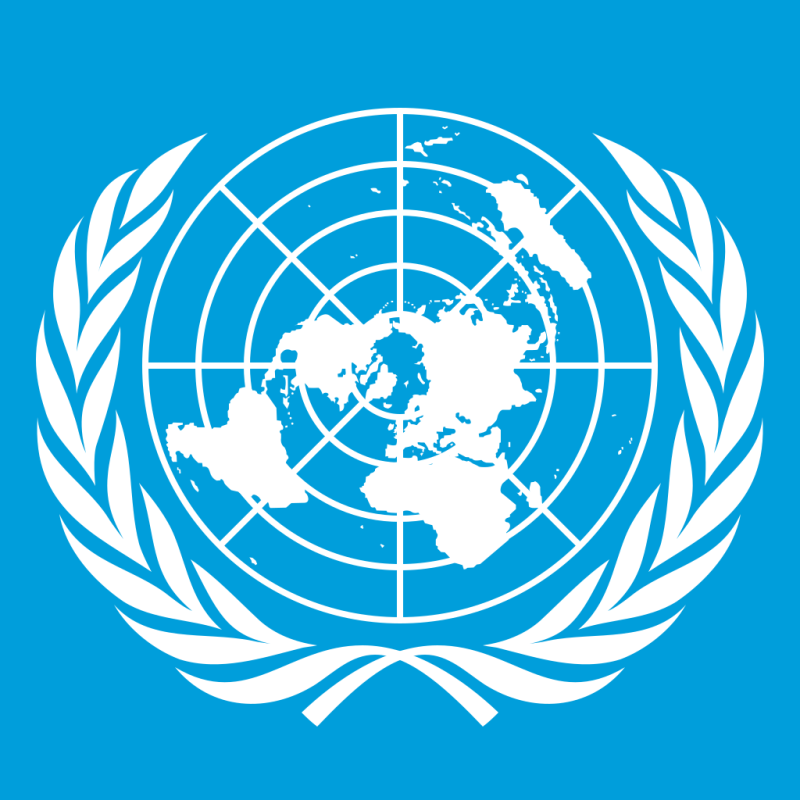The masses who stormed the Bastille in the French Revolution in the name of freedom and equality demanded political equality. They opposed the monarchy and demanded that sovereignty be attributed to the people and not to privileged classes. In the end, the French Revolution and other revolutions that followed succeeded, and the basic idea of ‘freedom and equality’ spread throughout the world and is the foundation of democratic countries worldwide.
The tremendous struggles that have been happening for the last several hundred years have been resolved. Today it is acknowledged that sovereignty rests with the people and is expressed through a government chosen by the public – every citizen has the right to choose his representatives. Absolute concepts are expressly rejected. This process was not easy, but it was necessary in order to overcome anti-democratic notions of classes and castes, to overcome political positions that limit women’s voting rights or which suggest that the right to vote depends on the amount of assets and capital the voter has accumulated, or alternatively, a regime that favors a philosopher-king.
At the foundation of the legal reform is the recognition that despite the acknowledgment that the sovereignty of the people is paramount, in practice it is becoming more and more limited. A democratic deficit developed when the Supreme Court assumed the right to make decisions that were previously made by elected officials and began to intervene in the issues at the heart of political controversy. The public’s ability to make decisions on controversial policy questions has diminished, as more and more issues have been given to the jurists to resolve.
This is the problem that the legal reform seeks to correct. The court has an important role in passing criticism on the elected officials so that they act according to the law, and it will continue to do so even after the reform is passed. But the criticism should be based on clear grounds for intervention, which are exercised by jurists who operate within the bounds of an authoritative law, and not according to flexible and vague criteria that are nothing more than a cover for political positions.
Contrary to the so-called claim that Israel does not enshrine the right to equality in the Basic Laws, political equality is indeed firmly established in the Basic Law of the Knesset which states that elections will be equal and open to the general public. The Basic Law grants one vote to each voter exactly as those who have called for freedom and equality since the French Revolution have demanded. There is no voter whose vote outweighs others because of his wisdom, wealth or the position he fills. The votes of a judge and a layman should be given equal weight in political decisions.
The protection of equality in the Basic Laws stands at the foundation of Israeli democracy, but it is nothing new. The Zionist movement was established as a mass democratic movement beginning with the First Zionist Congress. Everyone who acquired the Zionist shekel was privileged to take part in the appointment of representatives who would decide the fateful decisions. The decision was not made by the wealthiest people. The opinion of everyone who chose to take part and rely on the Zionist movement was given equal status.
Ze’ev Jabotinsky insisted on this in a speech he gave at the Zionist Congress in 1929, when he pointed to the political and democratic change created by the Zionist movement in the Jewish people:
“About thirty years ago, when one would speak to the pitiful and downcast Jew about the war for fairness and justice, he would reply: ‘”What am I and who am I? I am a beggar. I should be silent. Only the strong and the rich have the right to decide the affairs of the people, whether it is a delegation to the ‘governor’ or the settlement of the land of Israel”’ He never imagined that he, too, had the right to express an opinion”.
Later in the speech, Jabotinsky gives Herzl full credit for the democratization of the Zionist movement:
“Many of Herzl’s virtues might be stripped from him, but for this: He gave this downcast man the Shekel. After three, four years, we have already seen what a return has come to the downcast man, a Zionist vision, the hope of a nation, a new sun in the sky, salvation, The People of Israel: And he, the downcast man, is decisive, he decides. He says in his heart, “Here is a world congress approaching, and who knows, maybe a question will arise in the congress, in which one and only one voice will decide. And maybe this will be the delegate that will be chosen in my city. And maybe he will be elected by a majority of a few votes, and maybe my voice will be among them. And the question, whether the people of Israel will choose a good or bad path, will therefore be decided by the fact that I, the little man from Moldavanka, voted this way and no other way! I am the decisive one, I have the responsibility, I can make it happen, that the people of Israel will go in a good way or a bad way! I am the builder, and I am the maker of history! Even though I am a pauper, and you are wealthy – each of us has only one opinion at the time of decision. We are equal. We are citizens.”
This was not necessarily obvious. From the beginning, Herzl turned to wealthy Jewish bankers in an attempt to enlist their support for the movement he wanted to establish. However, all the while Herzl understood the need for a mass movement and knew that the capitalists would not hesitate to take part in the new and egalitarian land that the Zionist movement must build. To Herzl and Jabotinsky, it was obvious. It is impermissible to give a decisive vote to the wealthy or those in power. Every citizen is entitled to an equal voice and his voice can decide the most important policy questions – big or small.
These days, when the political struggle for reform is underway, there are those who want to give more weight to the opinions of the wealthy because of their contribution to society, either out of fear that they will harm the economy or because of their success. There is no doubt that the decision makers must also examine the economic consequences of the reform. However, attributing decisive weight to the positions of the elite when making political decisions is a clear anti-democratic move that should be opposed. The voice of the rich and the poor is equal in political decision-making.
For years, liberal voices have been heard saying that we should not be satisfied with the formal and unsubstantial aspects of democracy, and that we should fortify its essential aspects as well, when the intention was a broader definition of democracy that also includes the protection of rights. Now it becomes clear that when the opponents of the reform are not satisfied with the decision that the majority is going to make, they propose to abandon the decision of the majority and the principle of political equality. Under it, they propose to move to another decision making strategy that will preserve their interests, in both the “rules of the game” and in decisions designed to protect human rights.
It turns out that the definition of “essential democracy” is not an addition to the basic definition of democracy that gives one vote to every citizen, but an alternative definition that denies political equality. Among other things, by giving more weight to the opinions of the one percent.
The reform is intended to rescue the country from the democratic deficit created by our system of government. In days like these, it is best to return to the basics of the democratic ideal and the Zionist movement and strengthen the principle of political equality which will ultimately strengthen Israel’s position as a Jewish and democratic state that protects the rights of all of us.
First published in Makor Rishon [Hebrew]




